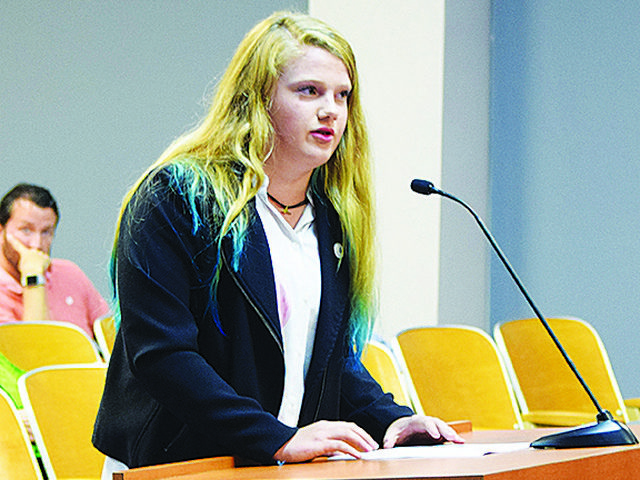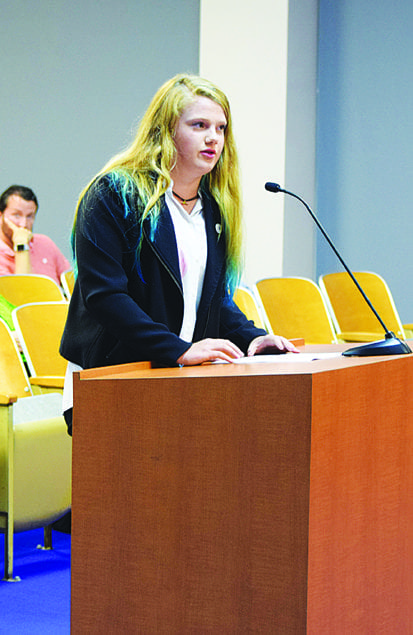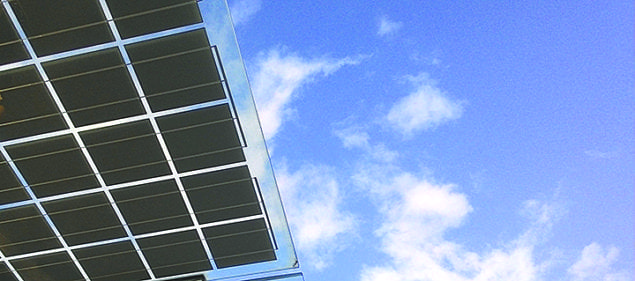Starting in 2015, Miami-based environmental activist Delaney Reynolds began asking dozens of public officials across South Florida to consider working with her to create a law that would change the way new homes are constructed – and “help change the world for the better.”
One mayor just a few miles from here answered her call, Phil Stoddard, widely known as an activist in his own right, a proponent of renewable energy, an environmentalist. The South Miami mayor quickly responded and set a course whereby he and Reynolds would work side by side for a year to research and write the language that would make up a new “Solar Requirements” section to the city’s Land Development Code.
On July 18, it was mission accomplished, as they enacted its new residential solar mandate, making South Miami the only municipality between The Golden State of California and The Sunshine State to enact a law mandating that solar power be installed in newly built homes or those subject to major renovation.
Reynolds issued a statement immediately following the vote: “This brave decision is historic and certainly is a step in the right direction towards my dream of turning the ‘Sunshine State’ of Florida into ‘THE Solar State’.” Reynolds, who begins as a freshman this Fall studying Marine Biology at the University of Miami, is primarily focused on climate change and the impact sea-level rise is already having on South Florida – and the world.
Fake facts Debunked
The legislative process was not without its critics. In June, just hours prior to one of the city commission’s many hearings on the matter, a misinformation campaign was launched asserted this rule would force all homeowners to install solar-collection systems.
This fake fact and other inflammatory statements shared in robocalls were swiftly debunked. After all, the installation of solar collectors applies only to new homes being constructed and those that are renovated at or above 75 percent of their current value.
“In actuality, the new requirements will impact only a few homes here,” said Reynolds. “But make no mistake, this bold and smart move by city leaders is very, very important – and certainly ‘moves the needle’ in the right direction.”
Sponsor of the legislation Mayor Stoddard says it’s a “significant win-win” for residents. “The greater benefit of this rule is, we’ll reduce carbon emissions and maybe our kids and grand kids get to stay in South Florida. And the immediate short-term benefit of having solar on rooftops is, you get power at better-than-utility prices and you get to save money.”
Let’s Get Serious
Experts predict that 50 percent of Florida’s energy can be derived from solar power by the year 2045 if the state begins to as Reynolds suggests, “get serious” about this clean, abundant energy source.
“At a time that our state and country should be dramatically increasing its sustainable use such as solar power, these rankings are a bit discouraging, but not surprising,” she continued.
“A reliance on fossil fuels and of old technologies is destroying our planet and established businesses such as Florida Power & Light are all too happy with the way things are,” Reynolds added.
At every opportunity, Reynolds challenges residents and elected officials to continue working “to help take on the many challenges facing our country as we evolve from a fossil-fuel economy to a sustainable one,” she says.
“But if we are to ever make that transition, I believe the solutions will most certainly begin in our local communities.”
While on a recent speaking trip in May in St. Petersburg, Fla., that city commission voted to begin researching and drafting a similar law after Reynolds shared public remarks about the work she did with South Miami. Now, as many as seven other Florida cities are also working on drafting similar rules.
Delaney Reynolds is founder of The Sink or Swim Project, educating and engaging people of all ages about the risks of climate change and sea level rise in hopes that we can work together as a global community to solve this crisis. For information visit www.miamisearise.com. To learn more about Delaney, visit delaneyreynolds.com.








